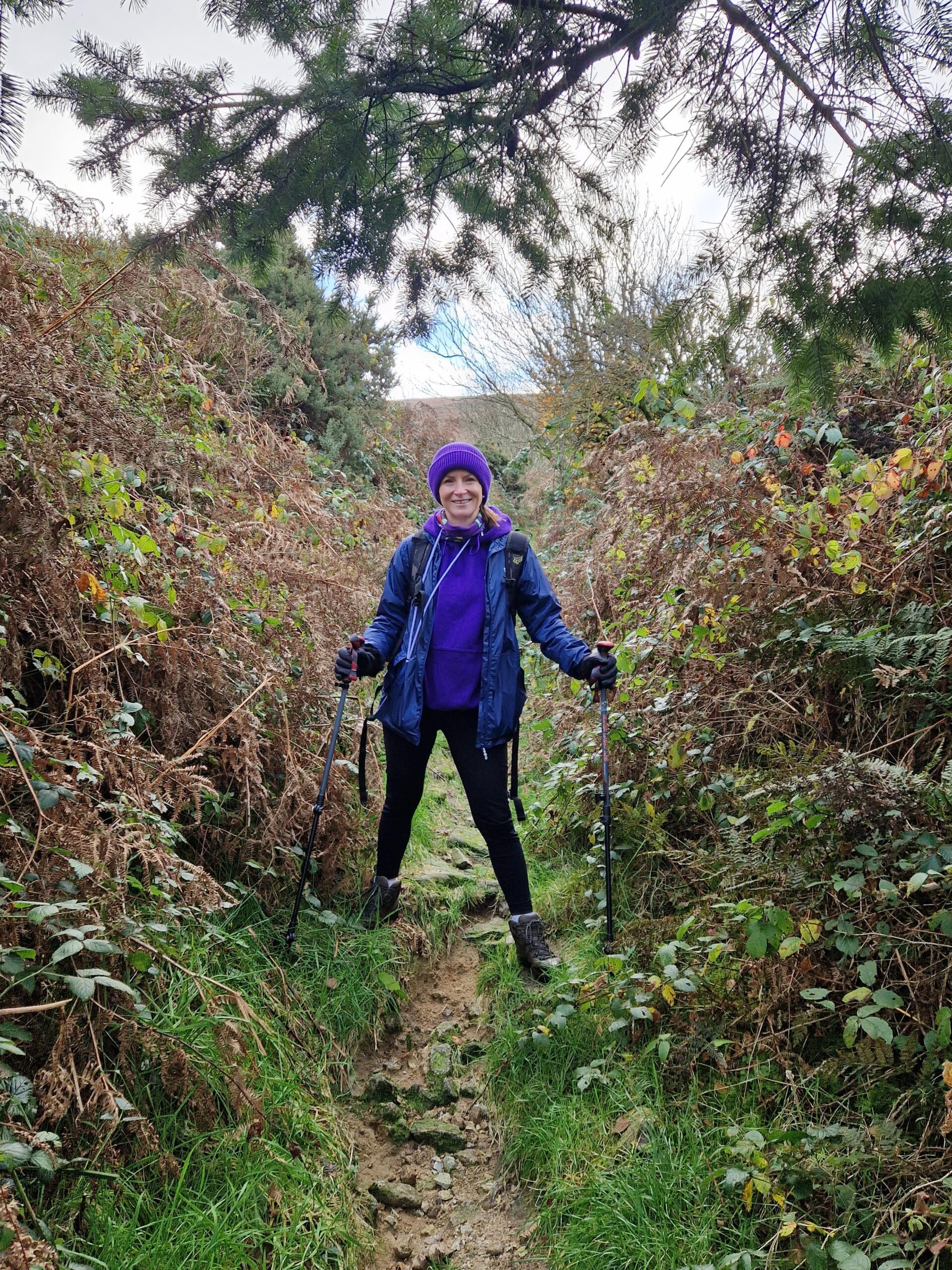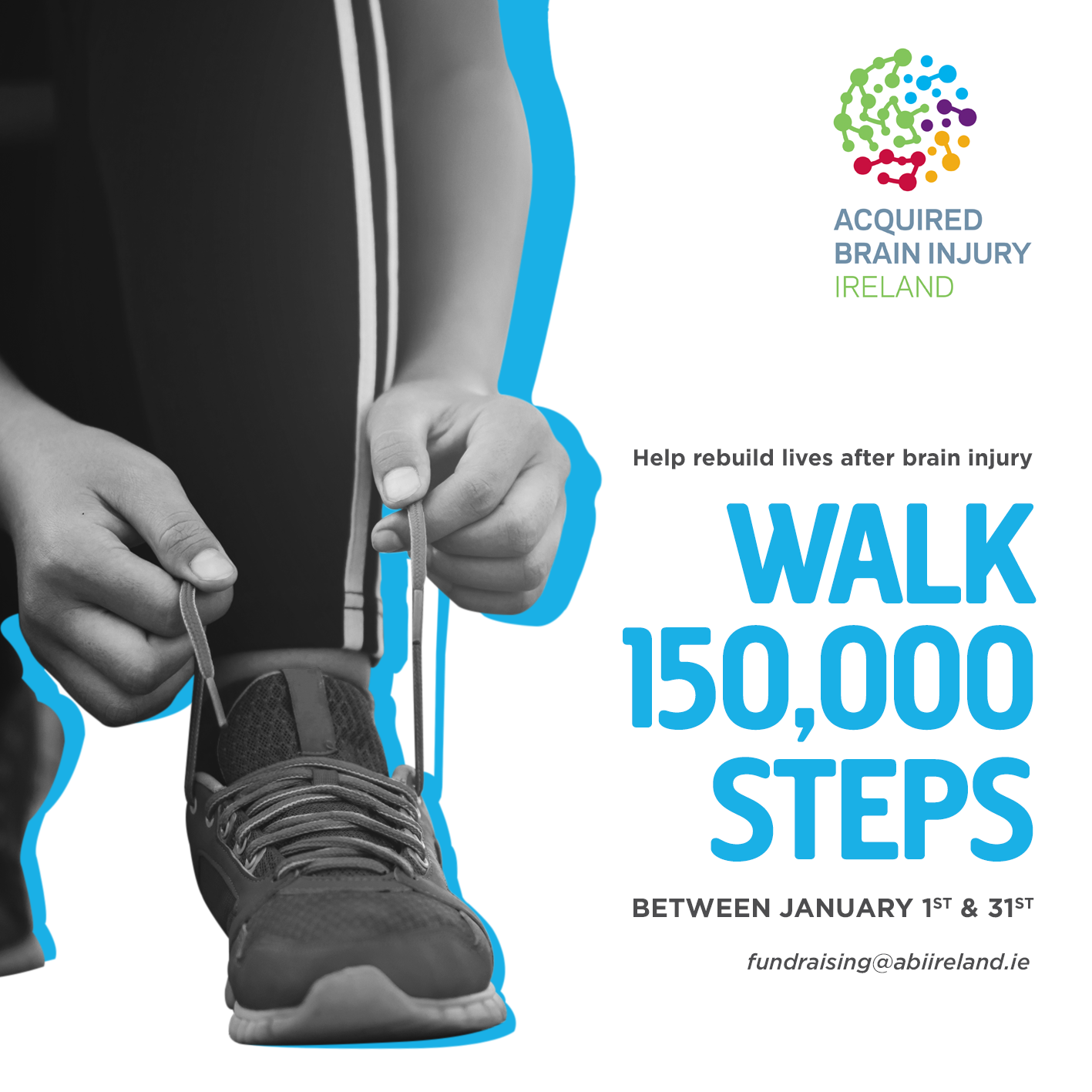Effects of brain injury
Every brain is unique, and every brain injury is unique. The same injury can affect two people very differently.
An acquired brain injury can impact the body, the mind, emotions, behaviour, or a combination of these. Many of the impacts overlap, and often they are ‘hidden’ and not obvious to others.
How the person is affected usually depends on what area of the brain was damaged. Other factors also play a part, like age, education, and support from family and friends. Following a brain injury many people make a very good recovery, while others are left with longer term effects.
Your Body
Many people make a strong physical recovery after a brain injury. That is why brain injury often has no obvious, outward signs, and why it is sometimes called an ‘invisible disability.’
However, some physical problems can persist long after the injury. Frequently these are less visible, but they can still have a significant impact on day-to-day life. One of the most common physical challenges experienced by survivors is fatigue. This can make everyday tasks like washing up or making a hot meal more difficult to manage. Fatigue can impact your mood, make it harder to concentrate, talk and listen, or gather up the energy to get out and about.
Some other ways your body can be impacted by a brain injury are listed below.
Sometimes survivors may require a wheelchair or mobility aid because their movement is reduced, or their balance makes it difficult to walk. Those impacted by stroke also commonly experience some physical weakness, particularly down one side of the body.
- Movement can become slow
- Problems with balance and coordination
- Dizziness
- Abnormal muscle tone and stiffness
- Uncontrolled movements or tremors (also known as Ataxia)
- Physical weakness or paralysis
Sensations can be lost or impaired, either in the short or long term. The person injured may also have problems knowing where their body or limbs are, without looking at them.
- Lost or reduced hearing, vision, taste, smell, touch
- Damage to the optic nerve and other parts of the brain can result in a visual blind spot, or partial vision loss
How your body responds to a brain injury can depend on the area of the brain injured. The impacts may include:
- Experiencing higher or lower body temperature
- Difficulty swallowing
- Bowel and bladder problems
- Different sleep patterns
- Difficulty regulating your heartbeat
Brain injury can make some people prone to seizures or ‘fits’. It is difficult to predict if a person will develop seizures. It may be possible to reduce the likelihood of seizures with specific medication.
Some people impacted by brain injury also experience difficulties with speech. They may have problems speaking as fast as before, or their speech may be slurred.
Your Mind
Sustaining a brain injury can impact how you think, learn and remember. These impacts are often called the ‘Cognitive Effects’ of brain injury. Because different abilities are managed by different parts of the brain, an injury might affect some cognitive skills, while others may not be impacted. Some examples include the ability to solve problems, understand information, and express yourself.
Cognitive effects can also include problems with Executive Functioning. Dr Brian McClean describes Executive Functioning as the ‘conductor of the orchestra of the head’ – the part that sees the big picture, decides what part of the orchestra should contribute and when, monitors the overall performance, and solves any problems that arise along the way.
Memory problems are common after a brain injury, particularly short-term memory problems. This means a person may have more difficulty remembering recent events or learning new events, even if they are able to remember skills and information learned in the past. This is because the damaged brain may be unable to organise and remember new material. Memory problems can include:
- Less ability to process information
- Difficulty remembering faces or names
- Difficulty remembering what has been read or said to you
- Forgetting to keep appointments
- Difficulty learning new skills
- Challenges retrieving long-term memories
Concentration may be affected by brain injury, especially when there are also memory problems. It may be harder to pay attention to more than one thing or for long periods of time.
- Struggling to pay attention
- Difficulty paying attention to more than one thing
- Easily distracted
- Feeling of restlessness
- Less ability to focus on one thing for a longer period of time
- Less ability to finish tasks
Language loss after a brain injury is known as ‘aphasia’. Aphasia can make it difficult to understand what is being read or said. It can also prevent someone finding the right words to say or write what they want to say. This can cause frustration for the person and others.
- Problems understanding speech
- Difficulty in expressing thoughts
- Difficulty putting words in order
- Problems starting and joining a conversation
- Going ‘off topic’ more easily
Problems with Executive Functioning after a brain injury can make it difficult for a person to plan, solve problems and make decisions day-to-day. This can be due various challenges, including:
- Reduced judgement
- Reduced ability to think logically and understand rules
- Thinking and acting impulsively
- Less ability to anticipate consequences
- Reduced motivation to initiate tasks or activities
- Not thinking through the sequence of what needs to be done
- Less ability to evaluate the results of actions
- Less ability to change behaviour based on consequences
Reduced insight, or lack of ‘self-awareness’, is common after a brain injury. This can make it difficult to observe and reflect on one’s own behaviour. It can also be very difficult to read the behaviour of other people. This can be particularly frustrating for the person injured, their friends and family.
Your Behaviour
The cognitive effects of a brain injury often have a knock-on impact on how a person behaves. The impacts can vary widely depending on the person, their injury, and the environment they are in. Less self-awareness, for example, makes it more difficult for a person to control how they act or filter what they say. Rigid thinking makes it harder for someone to be regulate their emotions. It can also lead to someone becoming much more focused on a single topic, task, or routine. Problems with executive functioning can reduce someone’s judgement, making them more impulsive and less inhibited than before.
The physical impacts of a brain injury can also affect a person’s behaviour. For instance, someone experiencing fatigue is much less likely to be able to pay attention for a long period of time. They may become frustrated, withdrawn, or irritable.
This video about ‘Managing Behaviours’ was prepared by Principal Clinical Psychologist Brian McClean as part of our On With Life Programme for Families and Carers. It explores some reasons for behaviours after a brain injury, and suggests strategies for how to manage them.
Your Emotions
Almost everyone living with a brain injury is impacted emotionally by the experience, including family members and friends. Some emotional effects are caused by the damage to the brain itself. For example, mood swings, depression, or outbursts of anger or sadness can arise from an injury to the brain’s emotional control centre.
Other emotional effects are a result of the trauma of the brain injury, the reality of its impact for the person, and the dramatic change to their life and the lives of those around them. This includes anxiety about the future, anger at the situation one finds themselves in, lower self-esteem due to changes in personal skills and abilities, or impatience at the slow pace of recovery.
One of the most challenging emotional consequences for individuals and families is the feeling that the person they knew and loved before the injury is slipping away. Losing a sense of one’s own identity can be very frightening and is described by many as a feeling of ‘loss’ or ‘grief’. There is also a process of healing, adjustment and reconfiguration after a brain injury and this can take longer for some people than for others.
















